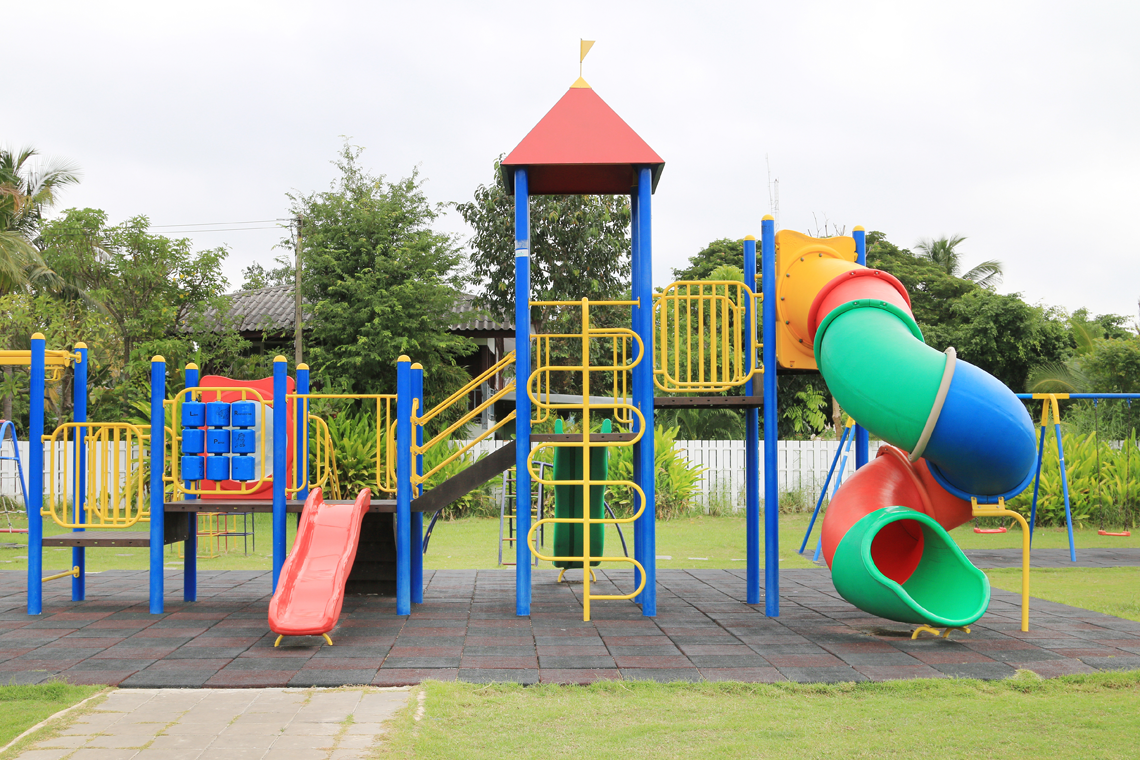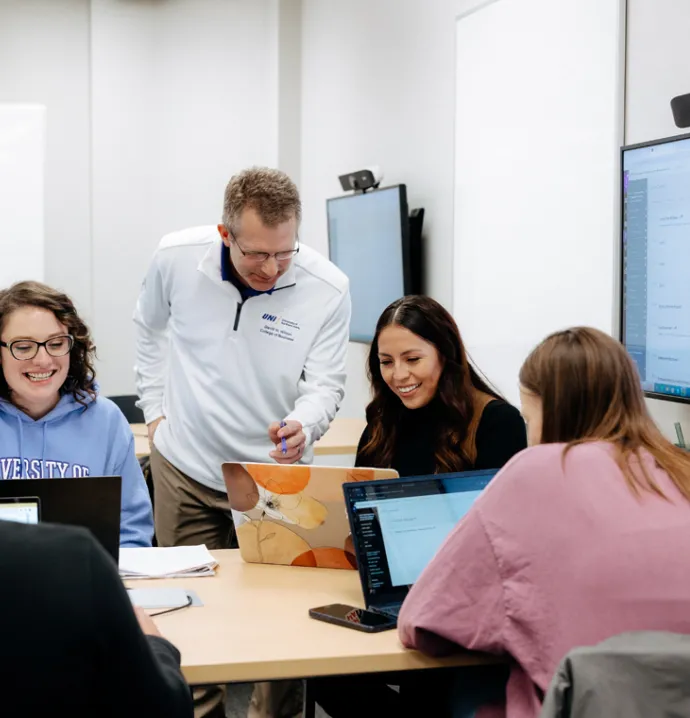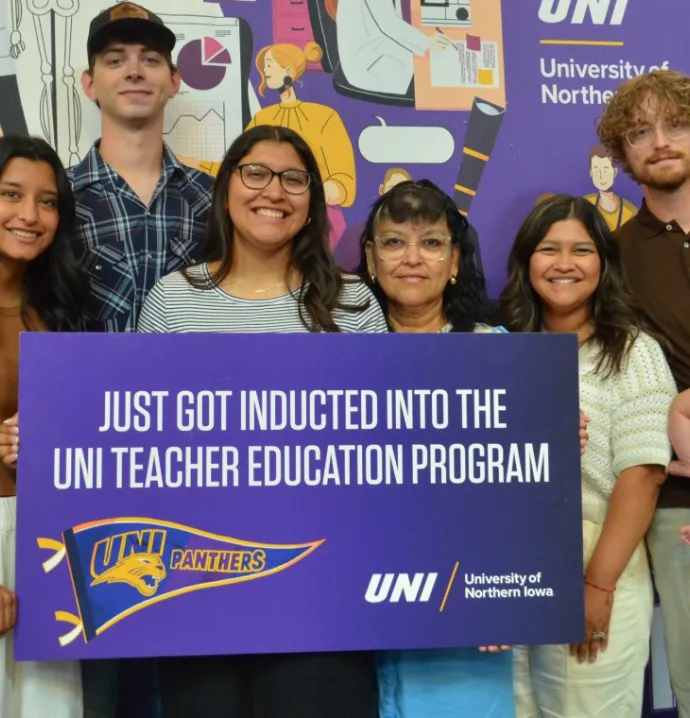National Program for Playground Safety celebrates 30 years at UNI
National Program for Playground Safety celebrates 30 years at UNI
Playground safety is a serious issue, with more than 200,000 children ages 14 and younger visiting emergency rooms each year after sustaining injuries on playground equipment.
Over the past 30 years, the National Program for Playground Safety has grown from a small initiative at the University of Northern Iowa into an internationally recognized leader dedicated to keeping playgrounds as safe as possible.
“Through its efforts, the center has helped shape national safety standards and provide training and educational resources to schools, child care centers and parks and recreation programs,” says center director Hannah Jaros.
The last week in April marks National Playground Safety Week. The center, started in 1995, was a natural fit for the College of Education.

“With UNI’s strong reputation in education and child development, it was the ideal home for a center focused on playground safety, education, research and advocacy,” says Jaros.
A grant from the Centers for Disease Control and Prevention in 1996 laid the foundation for the center’s important work. In its early years, the center focused on collecting data on protective ground surfacing for playgrounds. Since then, the center has expanded to offer training and certification programs, along with a variety of free and low-cost resources for schools, child care providers and families.
“NPPS has trained and certified thousands of playground inspectors including educators, community members and parks and recreation professionals across all 50 states,” says Jaros. The program’s reach has further extended around the world, as many of the participants have been military personnel, bringing playground safety to communities across the globe.
“While the strategies, research and initiatives have evolved, our mission remains the same – to raise awareness about playground safety and the necessity for appropriate, healthy spaces to support child development and well-being,” says Jaros.
The center's work now goes far beyond ground surfacing, with efforts focused on inclusive design, equipment safety, regular maintenance and effective supervision.
“One of the biggest ongoing challenges is ensuring consistent maintenance – a critical factor that is often overlooked, but essential to preventing injuries,” Jaros says. “Outdated equipment and inadequate surfacing are especially common in communities with limited funding, where resources for repairs or regular inspections may not be readily available.”

Still, the center is seeing meaningful progress, as many communities are stepping up by prioritizing safety, organizing fundraisers, applying for grants and taking active steps to make their playgrounds safer and more inclusive.
“More people are turning to NPPS for training and support, and we’re proud to continue advocating, educating and raising awareness,” says Jaros.
In 2025, the center made its courses more accessible and affordable.
“This year, we’ve lowered prices of our certification programs to help remove financial barriers for individuals and organizations looking to take the next step in keeping playgrounds safe,” says Jaros. “Our top priority continues to be educating our community, getting safety resources into the hands of those who need them and making playgrounds safer for all children.”
NPPS has also updated its certification courses and is launching a new course designed for students preparing for careers in education.
“Since NPPS is housed in the College of Education, we’re especially focused on reaching pre-service teachers,” says Jaros.
Being housed at UNI gives the center access to quality research support, faculty expertise and a strong network of professionals who care for the development and safety of children.
“The College of Education is a place where collaboration comes naturally – whether that’s through interdisciplinary projects, student involvement or staying current with the latest research,” says Jaros. “It's more than just a location; it’s a partnership that really supports everything we do.”
There are several ways to get involved with the center. Anyone can participate in the Certified Playground Inspector or Playground Supervisor courses or take part in National Playground Safety Week. To learn more about the center or sign up for a certification course, go to playgroundsafety.uni.edu.
Performing regular inspections to check for hazards like damaged equipment, missing hardware or unsafe surfacing is another way everyone can contribute to preventing injuries and extending the life of play structures.




